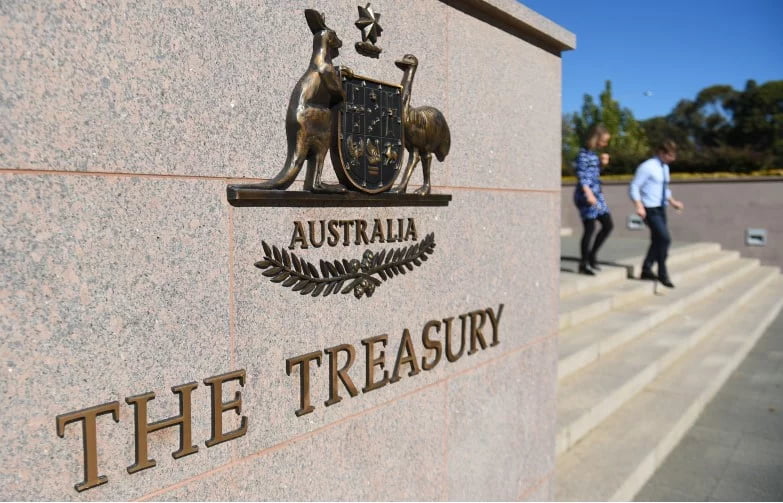The government is mulling whether a new regulatory framework is needed to crack down on initial coin offerings in Australia.
Initial coin offerings (ICOs) are a “wild west” form of capital raising for early-stage tech companies, involving the creation of digital tokens based on blockchain technology and selling them to individuals in exchange for cryptocurrency.
ICOs have become increasingly popular around the world, including in Australia, and have led to numerous people falling victim to scams and fake campaigns.

The method has also proved troubling for regulators, with difficulties over the application of existing laws and regulations to the new form of fundraising.
This has led to some countries, including China, to ban ICOs entirely. But the Australian Government is taking a less extreme approach.
Treasury has now opened up consultations on ICOs and has released an issues paper on the topic, where it considers whether an entire new set of regulations is needed to deal with ICOs, similar to what was implemented for crowdfunding.
“Some have suggested a new regulatory framework, separate from current financial services law. Such bespoke frameworks have the potential to provide clarity of the application of relevant laws and regulations and encourage economic activity,” the issues paper said.
But this could lead to “unnecessary legislative complexity and stifling future innovation”, the Treasury paper said.
“The costs of introducing a new regulatory regime must be weighed against any potential benefits, particularly if the existing regime may be generally sufficient or where other measures could be taken to achieve policy goals,” it said.
“Some adjustments to the current regime could be considered in order to provide more regulatory certainty and remove any impediments to legitimate ICO fundraising.”
In late 2017 ASIC released a guiding statement on ICOs, outlining how the regulator will take a light-handed approach that fits ICOs into existing regulations.
Treasury is also looking at whether the current tax treatment of ICOs poses any impediments for participants, and if any changes are needed.
A key issue in the regulation of ICOs is deciding whether the digital token being issued is a “financial product”, meaning it would be covered by existing financial services and securities laws.
“Uncertainty of whether and how to comply with financial services regulations appears to have constrained some jurisdictions’ digital token issuance. Anecdotal evidence suggests that while formal determinations of what regulatory obligations apply to digital tokens has reduced uncertainty for some businesses, it has created a significant regulatory burden,” Treasury said.
“Rather than distinguishing between financial product tokens and other types of digital tokens, some jurisdictions apply frameworks that allow all ICO fundraising to take place outside of financial services or securities laws.”
While there are a number of risks that come with ICOs, Treasury also listed a wealth of opportunities associated with the controversial fundraising method.
These include enabling businesses to “start up quickly and allow early-mover advantages in rapidly evolving markets”, giving consumers the opportunity to “gain exposure” to these businesses in the early stages of growth, and benefits to the economy.
“A number of jurisdictions are actively competing to attract ICO activity and establish themselves as a hub for innovative technologies that favour ICO fundraising. Industry proponents see ICOs as having the potential to help fuel innovation-driven economic growth, although it is too early to tell what might be the long-run benefits,” the paper said.
Do you know more? Contact James Riley via Email.

